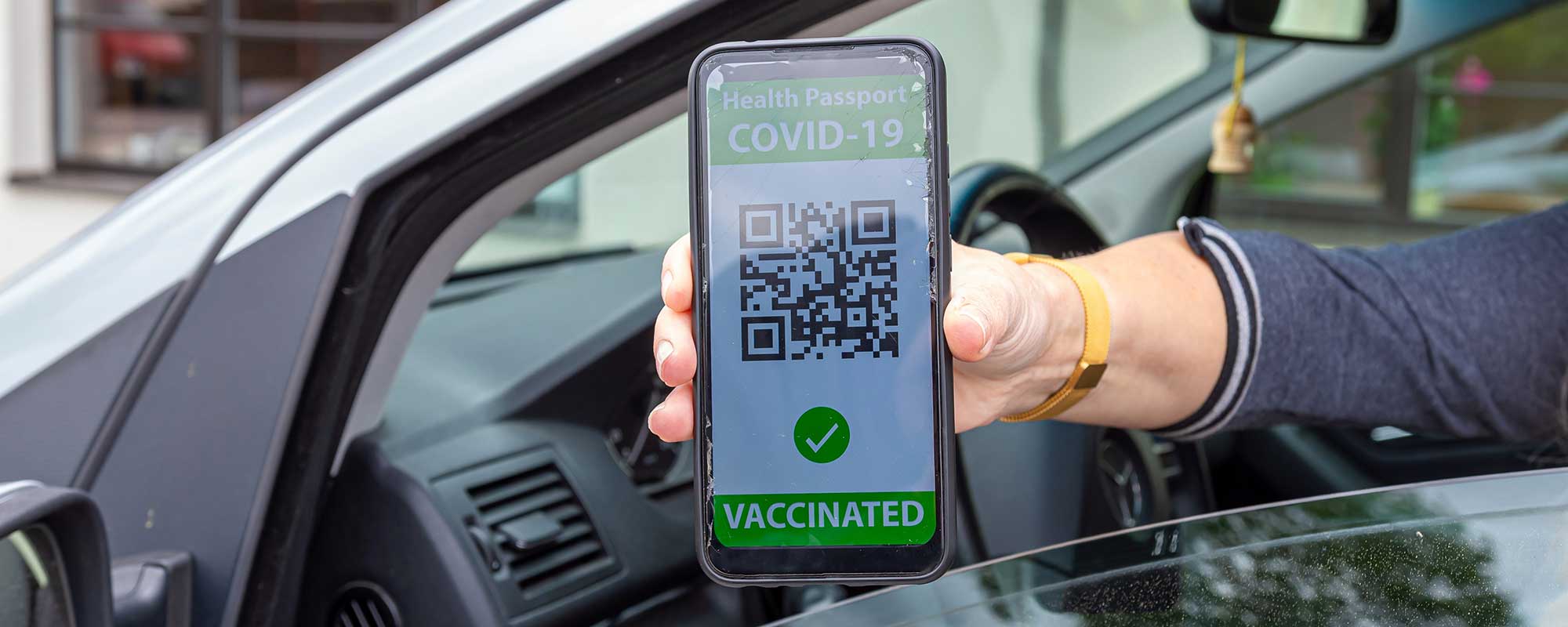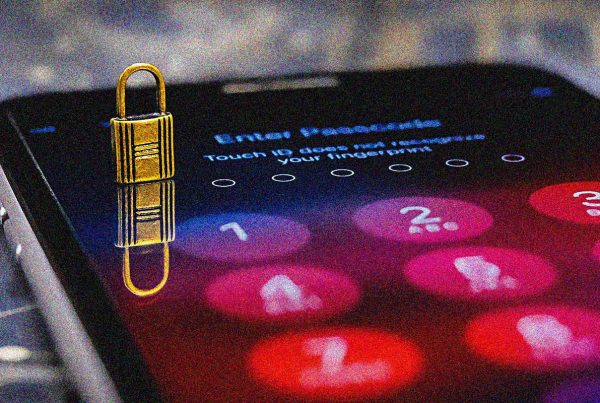June 17, 2021
The Honourable Brian Pallister
Premier of Manitoba
204 Legislative Building
450 Broadway
Winnipeg, MB R3C 0V8
premier@leg.gov.mb.ca
Delivered by email
Dear Premier Pallister,
We are writing regarding the Manitoba government’s plan to provide individuals with proof of vaccination in order to facilitate certain “benefits.” The Canadian Civil Liberties Association (“CCLA”) has concerns that the plan could violate Canadians’ constitutional rights. The provincial government’s purpose deserves clarification, and the effect of this plan may be disproportionate, failing to balance individual rights with other goals. In fact, this is the problem: the plan may be driven more by political necessity than the empirical science of public health.
Our understanding of the vaccinate-for-benefits plan is as follows. Fully vaccinated Manitoba residents may travel within Canada without self-isolating when they return home, according to your comments to the press, and confirmed in recently published public health orders. Additional “benefits” for the fully vaccinated will be announced in the coming weeks, you have said.
The intended purpose of such a program is unclear. Is it aimed at protecting individuals from exposure to the virus, limiting liability for businesses where individuals might be exposed, or is it intended as a means of incentivizing vaccination? The CCLA urges you to be transparent about your purpose. We have questions and concerns to be considered as you consider next steps. We address the changes to travel rules first, followed by a discussion of the undefined “other benefits” that may accrue to those who have been vaccinated.
Inter-provincial travel and self-isolation
Prior to the pandemic, border control measures between provinces involved goods, not people. Interprovincial trade was complicated but governed by the Constitution. Interprovincial travel by Canadians was presumed to be a right guaranteed under the Constitution, but practically the restriction of interprovincial travel by Canadians was unheard of.
Canadians have constitutional rights to mobility and limits on those rights must be reasonable and demonstrably justified. While we do not take issue with the fact that public health guidelines may differentiate between those who have been vaccinated and those who have not, we do take issue with the province’s attempts to police its provincial “borders” in a manner that is inconsistent with a liberal democracy. Further, the current patchwork of mobility restrictions across the country is not sustainable. We urge you to work with your federal, provincial and territorial counterparts to adopt an approach that is more consistent with Canada’s status as a federation.
We have reviewed the most recent self-isolation orders for persons entering Manitoba, dated June 10, 2021. Those orders do not appear to mandate or authorize the collection of personal information or require the disclosure of one’s vaccination status to any provincial or other authority. We would be grateful if you could clarify whether there are legal requirements in place, or that will be put in place, to show proof of vaccination in certain circumstances and, if so, when and how such proof will be required. We would also urge the province to consider whether and how its new rules will impact individuals who cannot or will not be vaccinated for medical reasons or reasons otherwise protected by the Manitoba Human Rights Code. In our view, the government should take steps to provide these individuals with a reasonable accommodation.
Other “benefits” conferred on holders of a “vaccine passport”
CCLA appreciates that Manitoba, like jurisdictions around the world, is trying to find ways out of the difficult year that COVID-19 has imposed on us. While it is appropriate for public health orders to account for changing vaccination rates, it does not follow that vaccination certificates should become domestic “vaccine passports” to be used as proof of entitlement for certain “benefits.” Indeed, any program that requires individuals to prove they have made a socially acceptable choice about their health by sharing proof of a personal medical decision gives rise to human rights and civil liberties concerns.
Firstly, such a plan would punish citizens for a supply-demand imbalance of your own design. For the foreseeable future, the timing of vaccination is not strictly within individual control. The Government controls the vaccine rollout and, reasonably, is making decisions based on scientific guidance that prioritizes those most at risk of serious illness or death for vaccination. The notion that individuals might be denied access to services or experiences because they are not yet eligible for their second dose of vaccine due to Government policy is inherently unfair. Data reported by CBC indicates that on June 10th, only 14.2 per cent of Manitobans have had their second dose.
Secondly, the legal line between vaccine promotion and mandating it must be ascertained to respect our fundamental freedoms. Policies and practices intended to treat vaccination status as a prerequisite to full participation in public life run the risk of rendering a voluntary vaccination regime de facto mandatory. We do not dispute the effectiveness of the vaccines or the public health benefit vaccination confers, but individuals are nonetheless legally entitled to make their own choices about their health. A government ought not acknowledge the right to choose while regulating away choice. Each additional benefit that is linked to a vaccine passport will add to the coercive effect on the decision-making process individuals must engage in when considering whether to be vaccinated. Meaningful consent is required for voluntariness to be genuine, and state-sanctioned, coerced consent does not meet that threshold.
Thirdly, requiring proof of vaccination to allow individuals access to certain benefits gives rise to serious risks of discrimination against individuals on the basis of disability, health and religious grounds. Moreover, if benefits are made dependent on vaccination status, it remains unclear whether or how the government will comply with legal prohibitions on discrimination and the duty to accommodate. Depending on who is allowed to administer the “benefits” conferred on the fully vaccinated, it may be a wide range of public or private sector actors who are given responsibility for determining access to these benefits (such as airlines, cinemas, restaurants), but where the Government authorizes these actors to collect the information, it is ultimately accountable for any discriminatory impacts that ensue.
Finally, to the extent that your Government decides to allow public or private sector actors to verify vaccination status based on the vaccine passport, there are significant privacy implications associated with allowing a yet to be-identified range of entities to collect personal health information. Although this risk is mitigated when the amount of information is constrained, it is not eliminated. A choice not to be vaccinated is already socially stigmatized today, so mandating its disclosure is a significant violation of one’s privacy. It means that even a small amount of information on the Manitoba vaccination card, name and vaccination status, is sensitive. The Government may be inadvertently inviting public shaming and risk public confrontations at a time of high public anxiety. Further, it remains unclear who would be permitted to scan the card, under what circumstances, whether records of scans would be kept, and how accommodations for the unvaccinated might be addressed. If the card is also to be digital, additional technical privacy concerns arise.
CCLA invites the Manitoba government to respond to the questions posed above and strongly urges you to reconsider you plan to confer special benefits on the vaccinated and to require proof of vaccination in order to access such benefits. We would very much appreciate your reply.
Sincerely,
 |
 |
 |
| Michael Bryant Executive Director and General Counsel |
Brenda McPhail Director, Privacy, Technology and Surveillance Program |
Cara Zwibel Director, Fundamental Freedoms Program |
You can also view a PDF version of the letter here.
About the Canadian Civil Liberties Association
The CCLA is an independent, non-profit organization with supporters from across the country. Founded in 1964, the CCLA is a national human rights organization committed to defending the rights, dignity, safety, and freedoms of all people in Canada.
For the Media
For further comments, please contact us at media@ccla.org.





